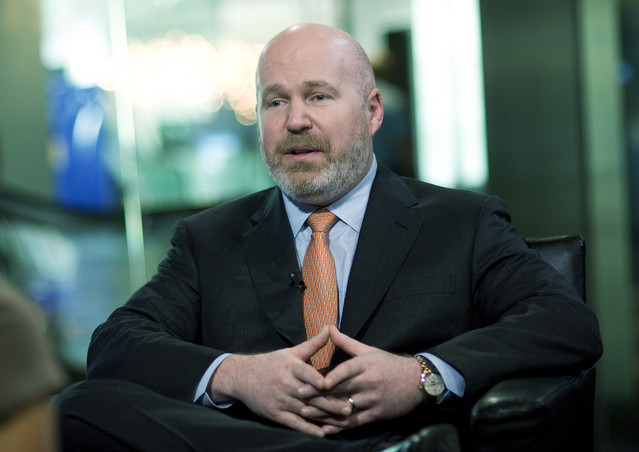by The Algonquin Team, Algonquin Capital
All generalizations are dangerous, even this one.
Alexandre Dumas
Across the taxonomy of investment products, the hedge fund category invokes some rather extreme reactions. On the one hand, there are images of ruthless and greedy managers, whose performance doesn’t always justify their fees or egos. On the flip side, you have some of the world’s best performing endowments and pension plans advocating significant allocations to alternatives as part of a well balanced and diversified portfolio.
The difficulty in forming any concrete conclusions or opinions is that they make one guilty of generalizing a very diverse and broad industry. After all, hedge funds are defined based on the legal structure of the offerings and not the underlying investments. While the original conception was long/short equity funds, the category has grown with strategies ranging across asset classes and the risk spectrum. There are even folks that view the Canadian hedge fund industry as a unique animal unto itself, with its’ very own appeal.
At this point, the typical Canadian reaction is: Really? Why would global portfolio managers care about our little alternative market?
The argument is that Canadian capital markets are smaller and less liquid, creating more inefficiencies for active managers to exploit. Also, there is less competition chasing these opportunities relative to larger markets. Furthermore, investors are drawn to the smaller size of Canadian offerings, with the advantage of being more nimble and able to execute niche strategies.
From what we have been able to gather, the best estimate of the size of the industry in Canada is $35bn across approximately 150 funds, with the majority of them managing less than $50mm each. To put that into perspective, our entire industry would have difficulty cracking the list of top 5 hedge funds by assets. Bridgewater, AQR, and Renaissance Technologies alone combine for over $233bn under management.
While this data is supportive of the hypotheses, as we all learnt in science class, it’s the results that count. Since its inception in 2005 to the end of June 2017, the annualized return of the Scotia Bank Canadian Hedge Fund Index was 6.76%. Over the same period, the annualized gains of the HRFX Global Hedge Fund Index and the TSX were 0.73% and 6.98% respectively. It is worth noting that the hedge fund figures are net of fees whereas the TSX returns are gross. Furthermore, the Scotia Index exhibited about 30% less volatility than the Canadian stock market.
We offer this data to provide a broad perspective of the industry but would caution against overemphasizing a fund’s performance in isolation. Too often allocations to alternatives are driven by a chase for high returns when we would argue the purpose of adding ‘alts’ to your portfolio is diversification.
While traditional public markets offer many baskets to put your eggs in, you also have to make sure these baskets are not all on the same shelf. Today’s alternative funds provide a broad range of return stream, from merger arbitrage and private debt to wine and cryptocurrencies. The key is to find investments that zig when the rest of your portfolio zags, to help you smooth returns, reduce volatility, and sleep better at night.
Copyright © Algonquin Capital













